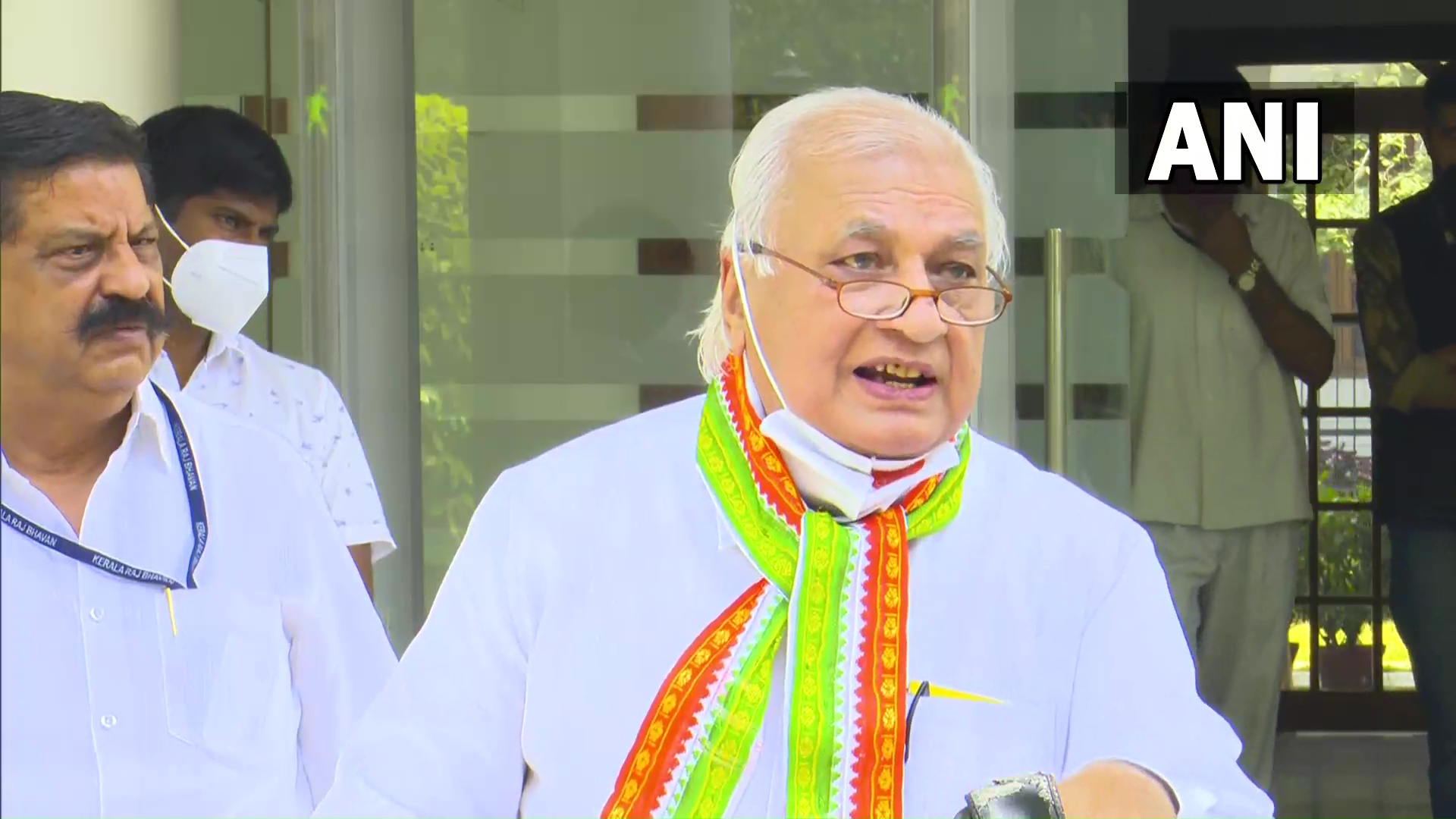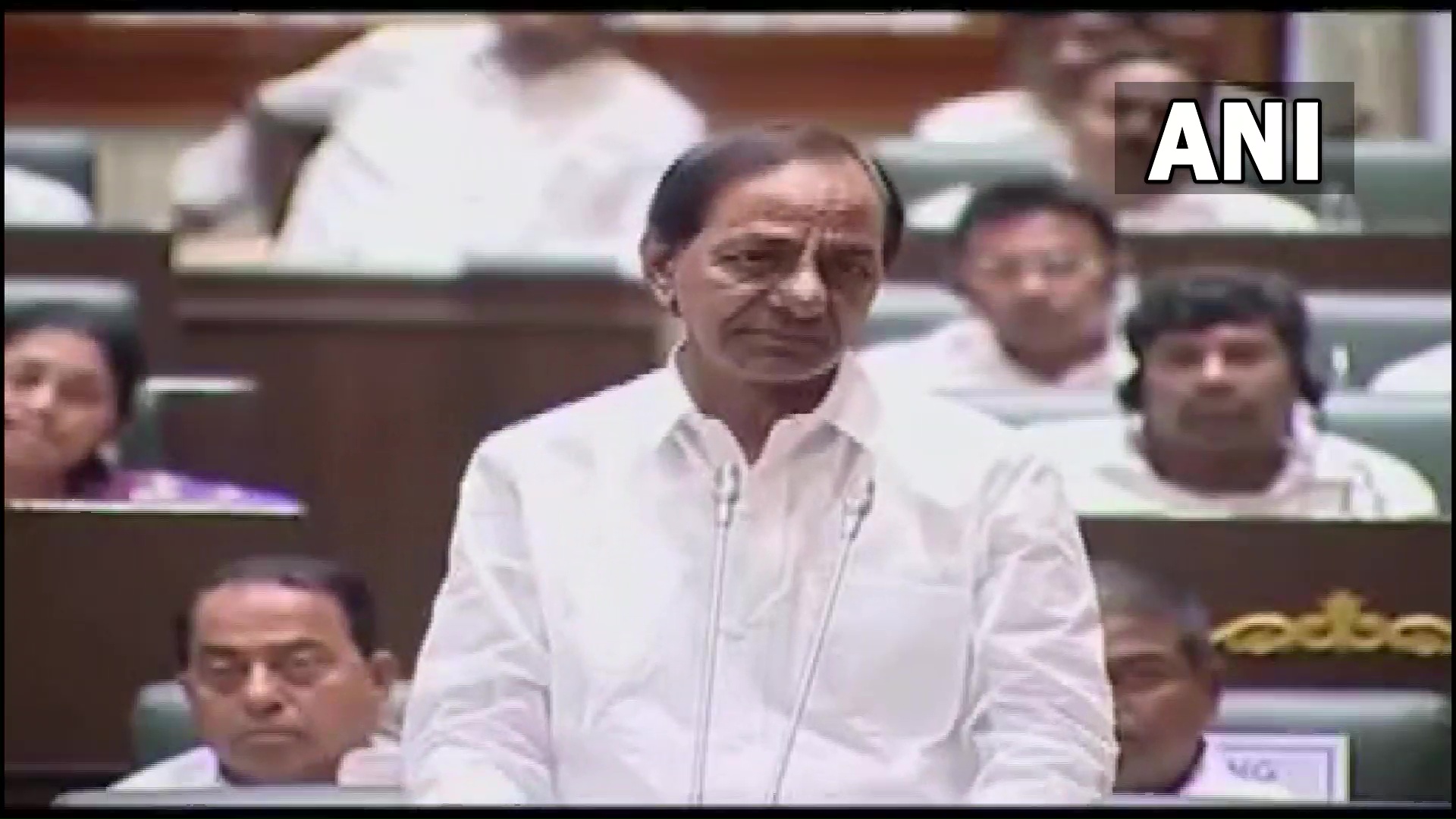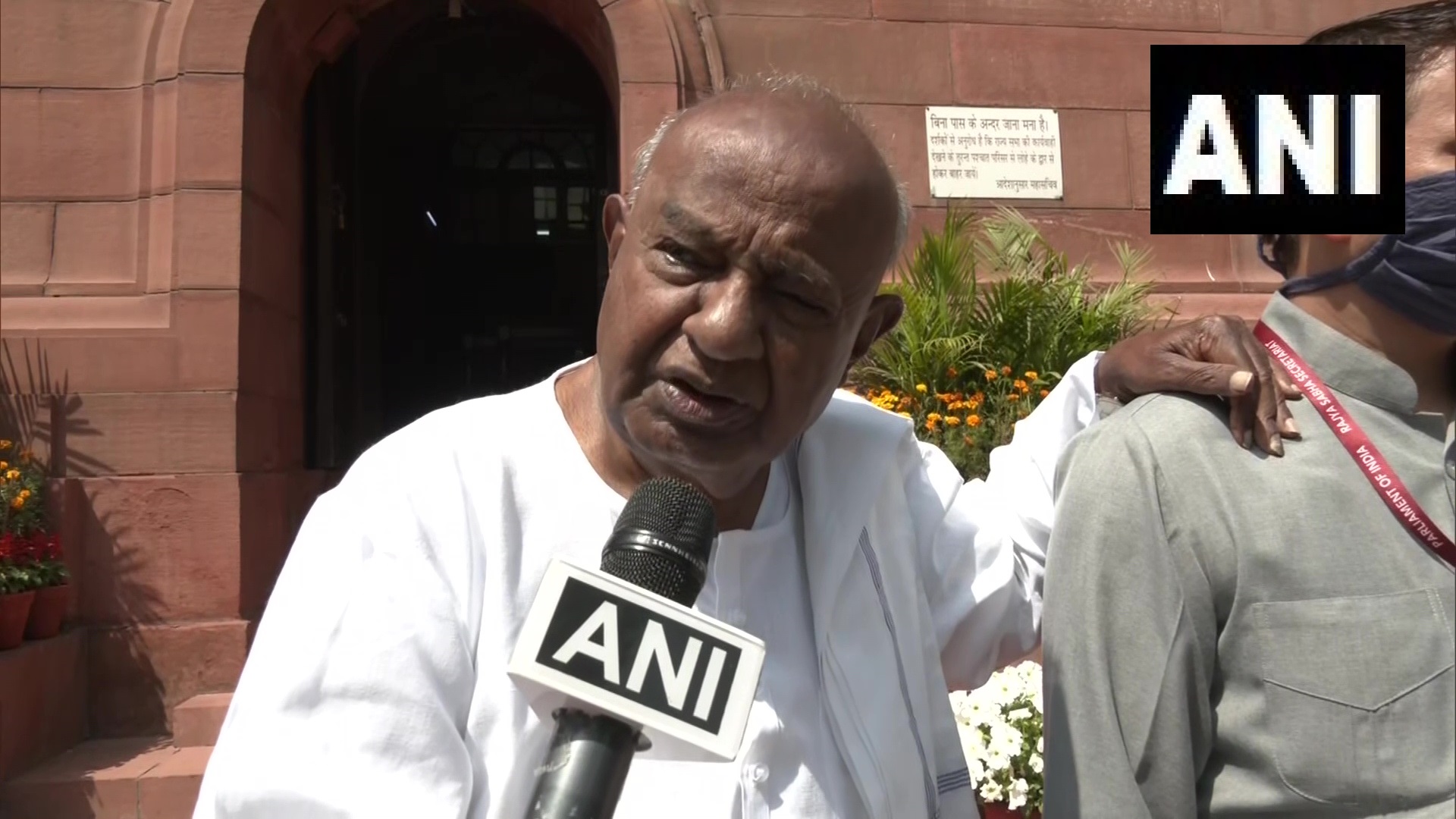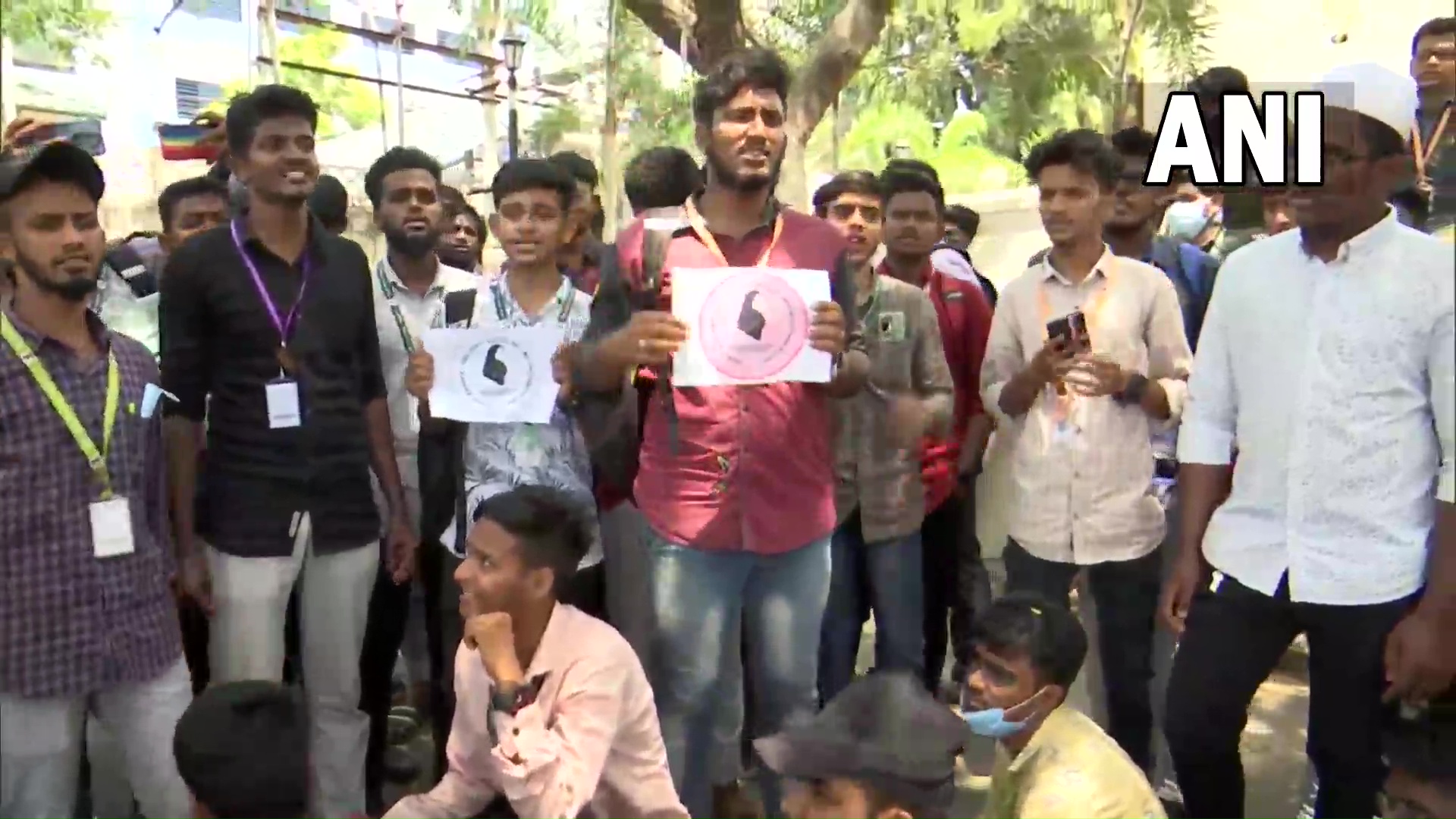A hijab is not an essential religious practice, the Karnataka High Court said today in a huge setback to students who had challenged a ban on wearing the hijab in class. Five petitions had challenged the ban in court.
Ahead of the order, the state government banned large gatherings for a week in state capital Bengaluru "to maintain public peace and order". Mangalore too banned large gatherings from March 15 to 19. Schools and colleges are closed in Udupi today.
The Karnataka High Court had temporarily banned religious clothes, including Hijab and saffron scarves, last month as the controversy snowballed into protests and a face-off between different sections of students.
Here are the Highlights on Karnataka Hijab Row Verdict:
Islamic scholars on Tuesday disagreed with the Karnataka High Court's decision not to recognise the wearing of hijab as an essential part of Islam, saying women have been asked in the Quran to "cover their head". Akhtar-ul-Wasey, former head of the Department of Islamic Studies, Jamia Millia Islamia, told PTI that he as a teacher advocates the introduction of uniform and it should not be avoided under any pretext but "girl students may be allowed to cover their head with uniform-coloured cloth as is done by the Sikh community".
After the Karnataka government upheld the ban on Hijab in educational institutions on Tuesday, Union Defence Minister Rajnath Singh said that the dress code of schools and colleges must be followed by everyone irrespective of religion.
On the day the Karnataka High Court ruled that the hijab is not an essential religious practice, backing a state government ban on religious clothing in schools and colleges, eight burqa-clad students in a Karnataka district were not allowed to appear for exams.
Before the High Court's interim ban, this college allowed the students to wear the hijab inside classrooms.
The hijab is not an essential religious practice, the Karnataka High Court said as it backed a ban on hijabs in classrooms today, weeks after violent protests in many parts of the state against the restriction.
"We are of the considered opinion that wearing of hijab by Muslim women does not form a part of essential religious practice in Islamic faith," three judges said, refusing to strike down the state governmen
The Karnataka High Court has suggested the possibility of some 'unseen hands' behind the hijab row to engineer social unrest and disharmony.
"The way hijab imbroglio unfolded gives scope for the argument that some 'unseen hands' are at work to engineer social unrest and disharmony. Much is not necessary to specify," the three-judge bench headed by Chief Justice Ritu Raj Awasthi said in the order.
Hijab is an essential part of our religion, said student petitions after the Karnataka High Court stayed the ban on the religious headscarf.



#WATCH | "No need to impose a new ban on Hijab in other institutions or working places but in school the dress code should be followed," BJP MP Hema Malini on Karnataka HC's verdict on Hijab ban in educational institutions pic.twitter.com/NHyk8V9mr1
- ANI (@ANI) March 15, 2022
Karnataka Hijab Ban Stays, Court Says "Not Essential Religious Practice"
- NDTV (@ndtv) March 15, 2022
Read more: https://t.co/53IUJaemP7 pic.twitter.com/ASzzHfvfv0

"This is about the future of our children. Nothing is more important for our children than education": Karnataka Chief Minister Basavaraj Bommai #HijabBan pic.twitter.com/GcgxQpPFo1
- NDTV (@ndtv) March 15, 2022
- Wearing of Hijab is not an essential religious practice of the Islamic faith, the Karnataka High Court ruled today. After eleven days of the hearing, the High Court had reserved its judgment on February 25.
- Prescription of uniform is a reasonable restriction on fundamental rights under Article 25, the court said. Late last month, the Karnataka government had contended before the High Court that wearing the hijab is not an essential religious practice of Islam and preventing it does not violate the constitutional guarantee of religious freedom.
- No case is made out for invalidating the government order of February 5, the court said. On February 5, the Karnataka government had banned "clothes that were against law and order" and on February 10 the High Court temporarily banned all religious outfits as it heard petitions challenging the restrictions.
- In a blow to the protesting Muslim students, the High Court dismissed writ petitions filed by them seeking permission to wear Hijab in colleges. The controversy over the hijab erupted in Karnataka late last year as students at a school in Udupi refused to remove headscarves and stop their use despite requests from teachers. Five students then went to court.
- Hearing before the full bench comprising Chief Justice Ritu Raj Awasthi, Justice Krishna S Dixit and Justice JM Khazi was conducted for 11 days.
- A hijab is not an essential religious practice, the Karnataka High Court said today in a huge setback to students who had challenged a ban on wearing the hijab in class. Five petitions had challenged the ban in court.
- Ahead of the order, the state government banned large gatherings for a week in state capital Bengaluru "to maintain public peace and order".
- Mangalore too banned large gatherings from March 15 to 19. Schools and colleges are closed in Udupi today.
- The Karnataka High Court had temporarily banned religious clothes, including Hijab and saffron scarves, last month as the controversy snowballed into protests and a face-off between different sections of students.
Bengaluru | Security tightened outside the residence of Karnataka High Court Chief Justice Ritu Raj Awasthi
- ANI (@ANI) March 15, 2022
HC to deliver judgment at 10.30 am today on petitions challenging the ban on Hijab in education institutions pic.twitter.com/y3JKNtEQaw
Karnataka High Court will declare its verdict today on the hijab ban issue today
- NDTV (@ndtv) March 15, 2022
NDTV's MS Sreeja reports pic.twitter.com/PIWJaml7Yu
The Karnataka High Court will today give its verdict on the Hijab ban issue. Hijab, or headscarves worn by Muslims, became a flashpoint when students were not allowed to enter classrooms before removing them. 5 students challenged the ban in court.

